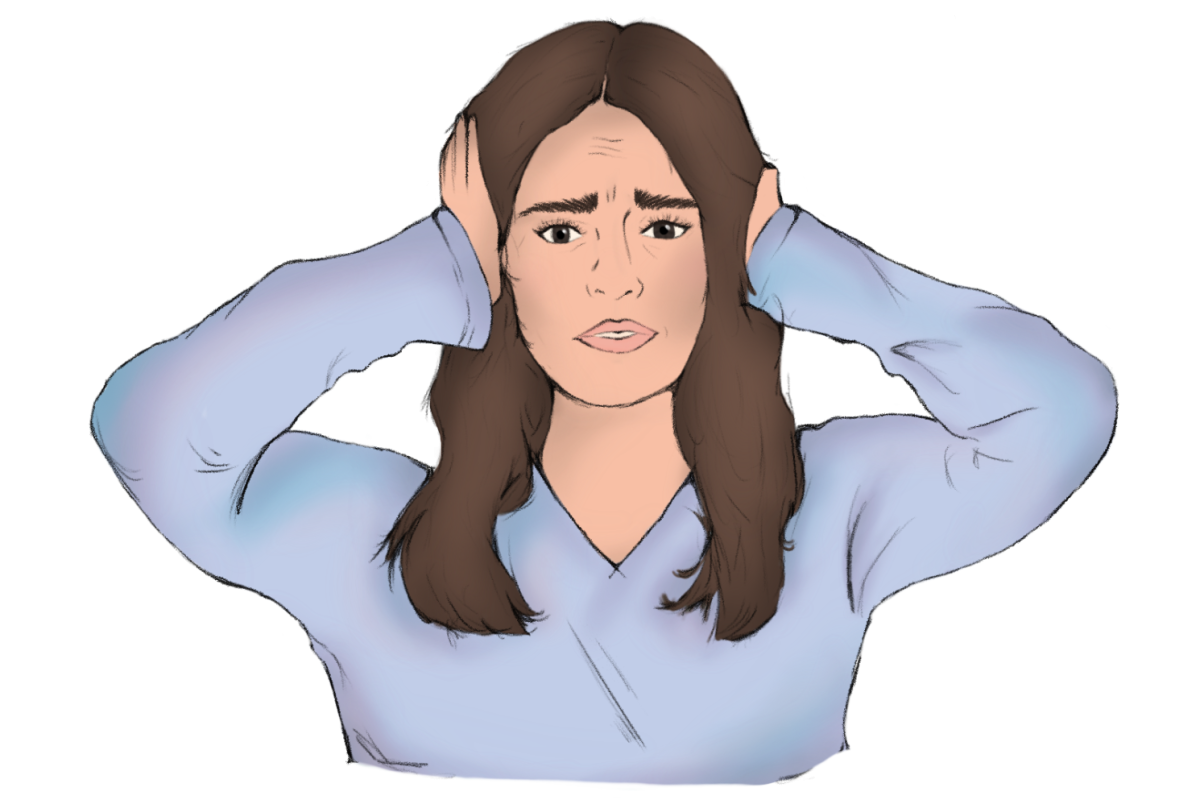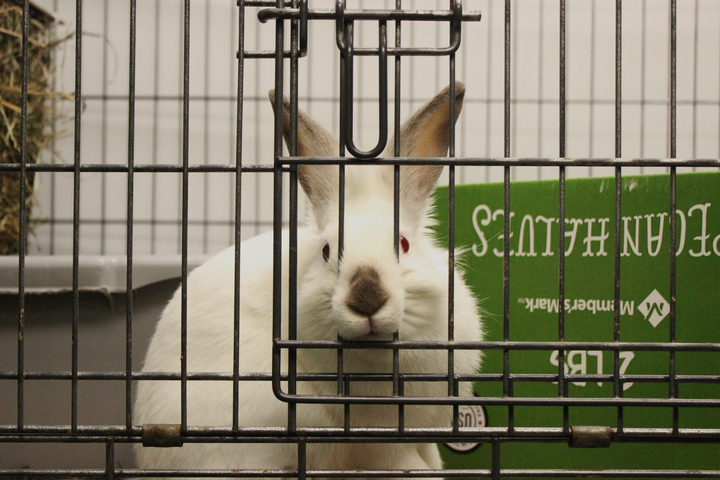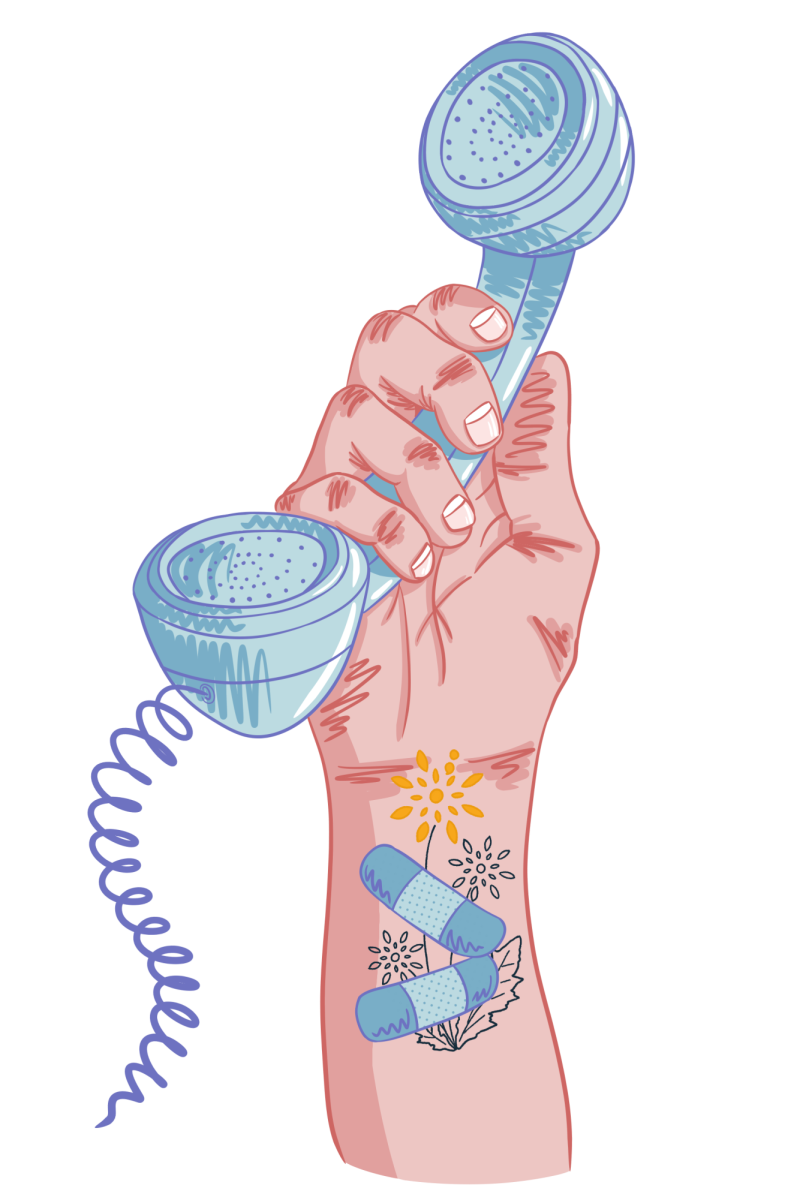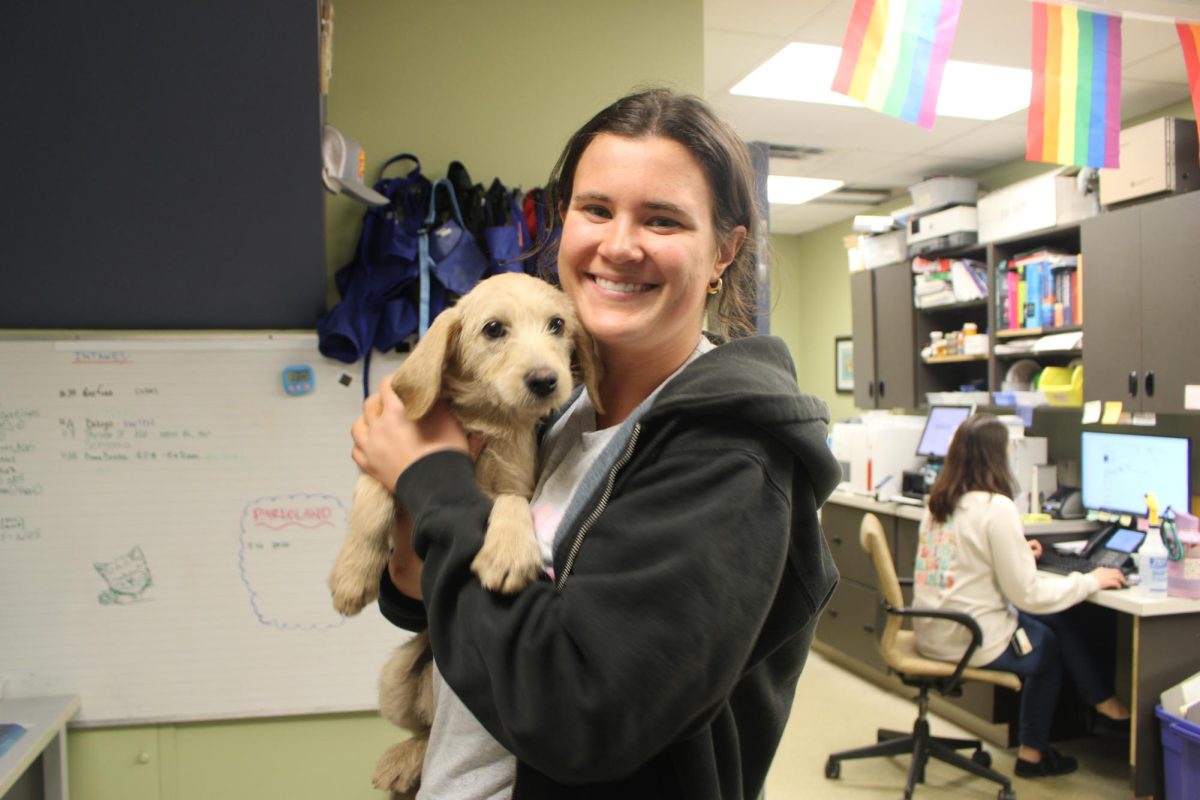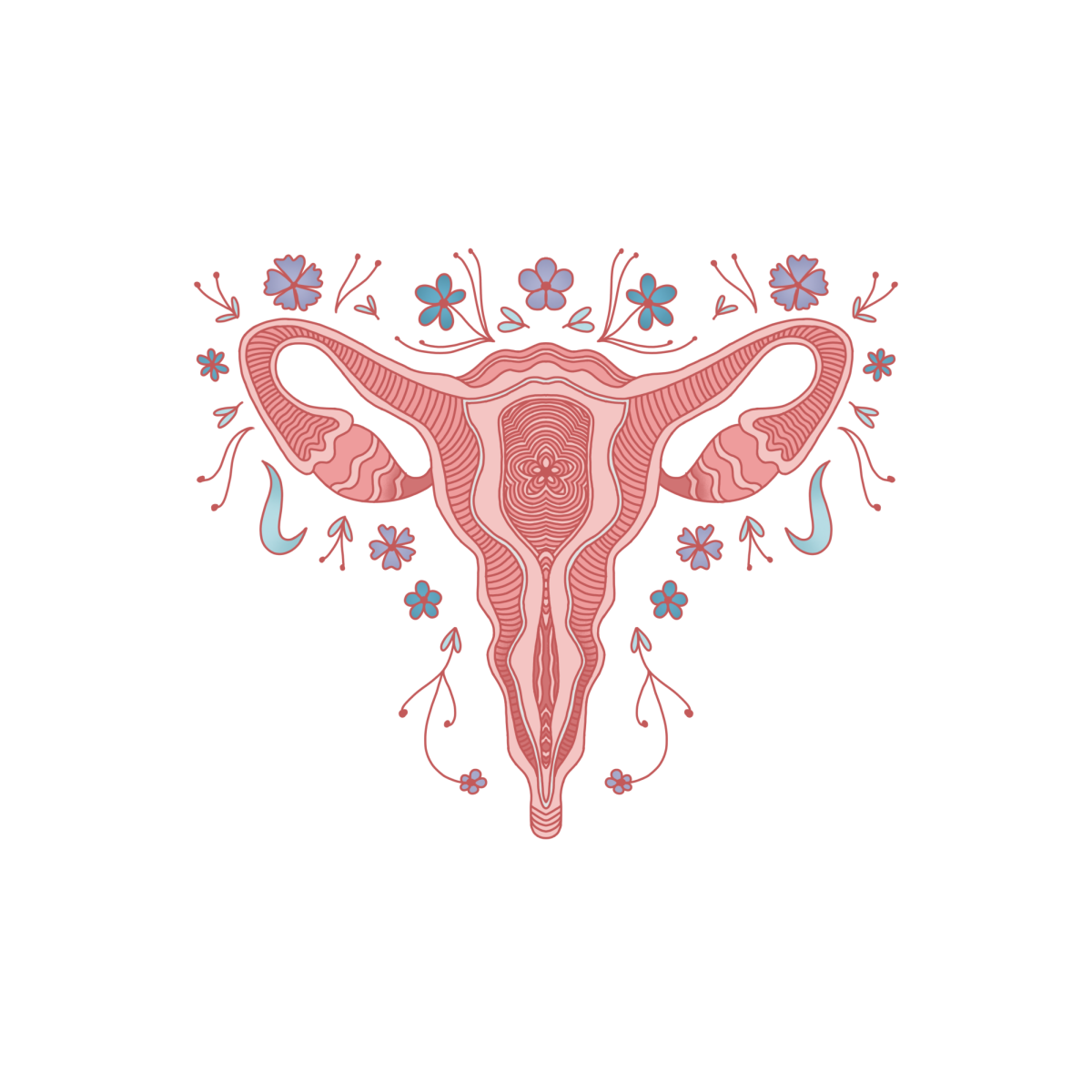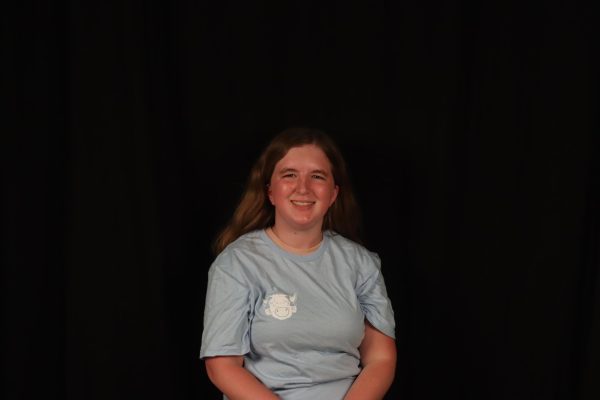The sound of a person chewing loudly, someone repeatedly clicking a pen, people coughing. For many, these noises are simply minor annoyances one might hear once in a while. For those with misophonia, an auditory sensory disorder, it’s a problem interfering with their daily lives. Certain sounds may trigger emotional reactions such as anger and anxiety. Misophonic reactions can also be caused from seeing the source of what triggers these reactions.
soQuiet, a Missouri-based charity, helps those with misophonia through research and support programs. Their board consists of scientists who research misophonia, and those who have misophonia themselves.
Cris Edwards, president of soQuiet, has struggled with misophonia since he was a child. He said he had trouble eating around others due to the triggering sound of chewing. He founded soQuiet in 2020 during the pandemic.
“There was a girl in my fourth grade class [when I was a kid] who was a hair twirler and hair chewer,” Edwards said. “I remember that driving me crazy, I could not concentrate [in] class because of [it].”
Dr. Fatima T. Husain is part of the Scientific Advisory Board at soQuiet, and teaches at the University of Illinois Urbana-Champaign. She has been researching hearing disorders for 16 years, and was introduced to soQuiet by Edwards two years ago. The board reviews student grants that suppoet misophonia research.
“Typically, the onset of misophonia is [found] in early adolescence, around 12 to 14 years of age,” Husain said. “[We’ve sat down with] people who’ve had misophonia for a few years. We wanted to ask them questions about it [through] an online survey.”
Adeel Ahmad is the secretary for soQuiet, and has misophonia. He said some people with misophonia have underlying disorders such as ADHD and OCD, and that misophonia tends to arise in adolescence.
“[Misophones fall under the category of [a] highly sensitive person,” Ahmad said. “[They] feel things just a lot more intensely than other people, [such as their] mood.”
Edwards said two audiologists coined the phrase in 2000, where it was mentioned across the internet, but the idea of it came to be in the 1990s. It was mistaken as involving audiology and behavioral disorders, but it actually involves psychology.
“There was a subreddit on Reddit [which] started for it pretty early on, around 2005 [or] 2006 for people with misophonia.” Edwards said. “2012 [and] 2013 is when research really started happening”
Ahmad is working on projects to spread awareness about misophonia. He said he wishes to help others who experience it through soQuiet, and media as well.
“Myself and Jane Gregory, who is on the advisory board of soQuiet, came out last week with a book called Sounds Like Misophonia, which is a self-help book.” Ahmad said.
Husain uses brain imaging technology such as MRIs to compare the brain chemistry of those with misophonia. soQuiet provides research funding for college students as well.
“ I think it’s an excellent idea to provide support [for those with misophonia]. Even [a] little money seems to be bearing fruit, as so many students are being helped to do the grants, [to publish] research. A lot of misophonia research is being conducted by tiny crowds that soQuiet gives.”
Edwards said there is a page on the soQuiet website called the “5A Plan” that informs people who have loved ones with misophonia and other disorders on how to help them. This involves listening closely to someone when they describe their struggles. Edwards said people with misophonia often feel shame about their disorder and need help from other people to gain control over it.
“We’re not trying to be controlled, [we’re] trying to get through [life] without suffering too much,” said Edwards. “A lot of people who don’t know much about it will just think we’re being controlling [or] overly sensitive as though those are things we would want to be when really we have a very legitimate sensory disorder.”



